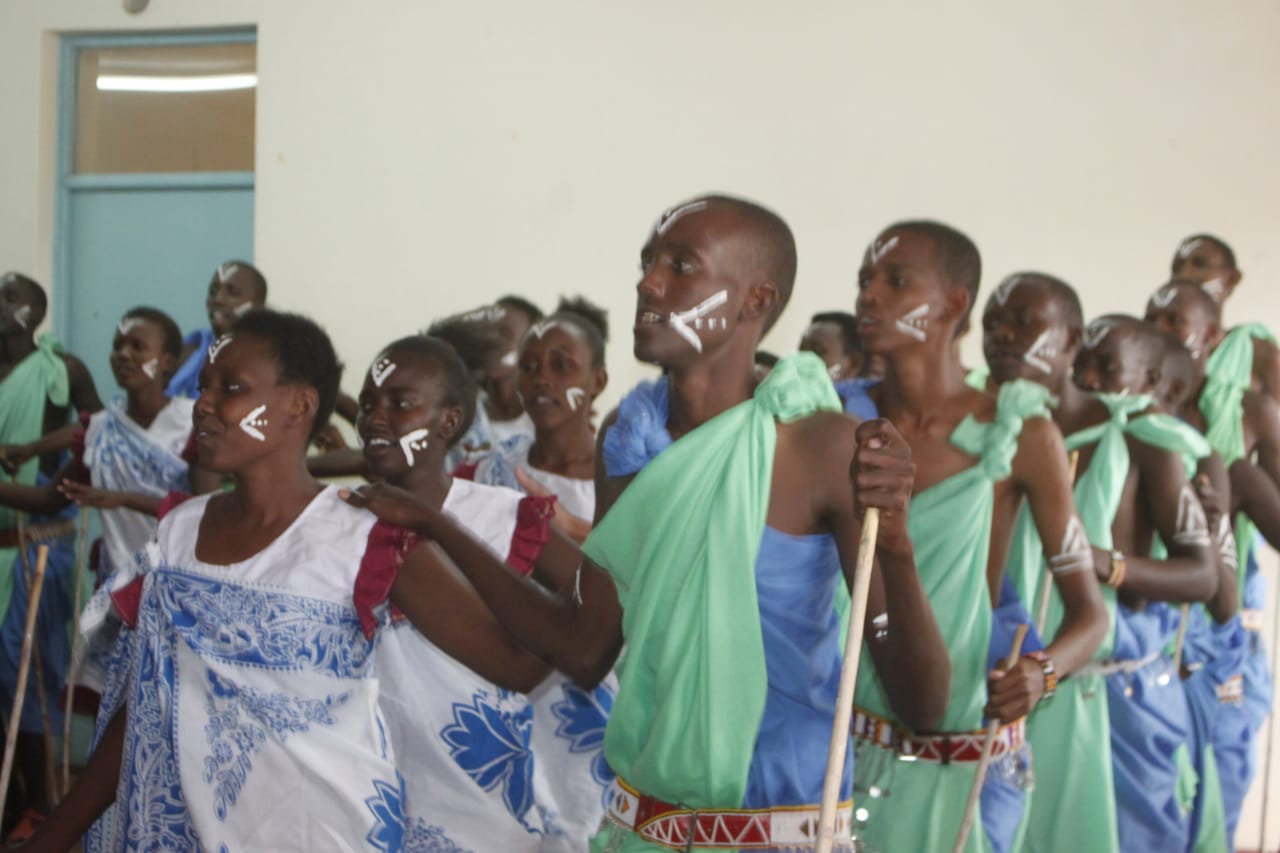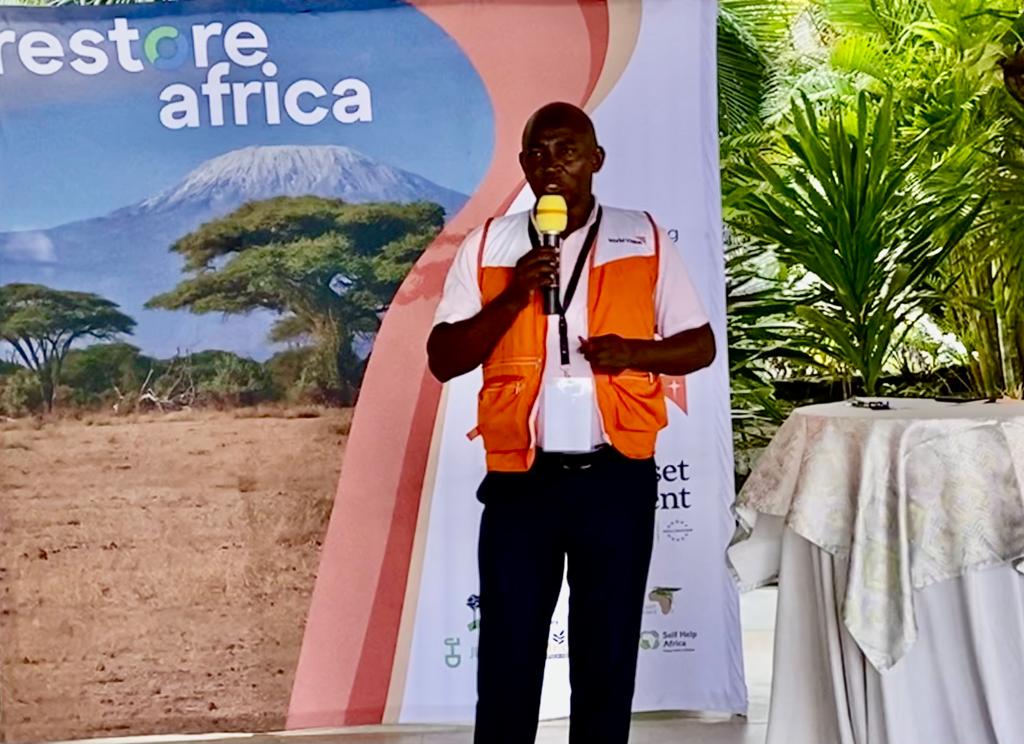Residents in some parts of Kilifi County have embraced beekeeping as an alternative source of income to save on cutting down of trees thus conserves the environment.
For years, people living along the coastline and in rural areas have been cutting down trees for sale and charcoal burning as a way of survival due to high poverty levels.
The beekeeping project, which has been undertaken by National Agricultural, and Rural Inclusive Growth Project (NARIGP) has encouraged residents to plant trees in plenty to create a conducive environment for bees to thrive.
Matsangoni beekeepers group comprising 21 members from Matsangoni village led by Joyce Bongo has set up 25 beehives and planted over 5,000 trees on their farms to attract bees.
During an interview with KNA on her farm, Miss Bongo said that before they started the project, their parcels of land lay bare and unproductive as people continued to cut down trees as a way of making a living.
“We are grateful for beekeeping because we have preserved our environment a lot. People did not know the importance of the environment. They were cutting trees wantonly but when we started to keep bees, we were taught how to preserve the environment, not to cut trees so that bees can find flowers to make honey,” she said.
She added that apart from poor rains, maize production has not been doing well because of a lack of enough pollination agents which included the bees.
However, as a result of the project, the bushes have attracted bees and enough rains and added they harvested honey and plenty of maize during the recent season.
“This year we have harvested a lot of maize because of preserving the environment. I would like to urge everyone to set aside a piece of land where you can plant trees well and put up a hive there. If you harvest the first time, you will get the benefit and the desire to keep more hives,” she added.
Another group of beekeepers comprising 30 members from Steji ya Maziwa village, Dabaso ward has kept 22 beehives and planted over 20,000 seedlings of mangroves along the coastline to rehabilitate areas destroyed by residents.
“The environment was not good because people used to cut these trees but when we started keeping these beehives, people stopped cutting trees and we planted other trees so up to this point our environment is fine,” Irene Kaingu, a group member of Bush Beekeepers said during an interview with the media.
Miss Kaingu, who is also the treasurer of the group said they have greatly benefitted from the project by earning money that they have used to buy food and pay school fees for their children through the selling of honey.
The income they have earned from this economic activity has dissuaded them from cutting and selling the mangrove poles, which are always in high demand for construction.
Simeon Karisa, one of the group members of Bush beekeepers said the project has kept them on toes of vigilance to protect their beehives from thieves, therefore, protecting the mangrove forests from culprits at the same time.
“Since we started exploring the forest and planting these mangrove plants, we have seen that the thieves who were entering the forest to cut trees have become afraid and because of that fear, our progress in preserving the environment is progressing well,” he said.
More groups of people and individuals from different parts of Kilifi including Mnarani, Ganze, and Malindi have also taken up the initiative to keep bees and in turn, protect and plant trees.
NARIGP Matsangoni Ward Agricultural Trainer Oscar Charo said the project has dedicated resources to give farmers the beehives, seedlings, and the training needed to enable them to earn a living and ensure that they preserve the environment.
The initiative which started in 2016 has turned bare pieces of land into bushy areas where bees are kept, producing honey.
“People were using trees to make charcoal and they were also cutting them to sell and earn income. This situation resulted in empty dry areas but since we started this project, cutting of trees has decreased. Trees have also been planted to restore the status of the environment,” he said.
Charo added that keeping bees has kept away villagers and loggers for fear of being stung, therefore saving the trees from destruction.


